 With spring break quickly approaching, I decided to tweet about how excited I was to be going to Cancun, Mexico. Within an hour, I gained about seven followers from different countries, as well as three mentions from people I do not know saying how excited they were to go to Mexico and asking me when I would be leaving. At first I did not think anything of the comments, but then I started to become wary of the amount of people I do not know who can access and read my tweets. I do not want these people to know where I live, what I am doing and where I am going. This prompted me to “protect my tweets,” a setting that allows only my followers to view what I am sharing.
With spring break quickly approaching, I decided to tweet about how excited I was to be going to Cancun, Mexico. Within an hour, I gained about seven followers from different countries, as well as three mentions from people I do not know saying how excited they were to go to Mexico and asking me when I would be leaving. At first I did not think anything of the comments, but then I started to become wary of the amount of people I do not know who can access and read my tweets. I do not want these people to know where I live, what I am doing and where I am going. This prompted me to “protect my tweets,” a setting that allows only my followers to view what I am sharing.
According to a 2012 study conducted by the Pew Research Center, while 59 percent of young adults keep their social networking profiles private, 17 percent keep it partially private, and 22 percent have it public. In addition, a shocking survey conducted by Legal & General found that 13 percent of Facebook users and 92 percent of Twitter users accept friend requests or follows from people they do not know. While Twitter privacy settings only come with two different options, Facebook has many different settings that can become confusing; therefore, many people have public profiles and may not even realize it.
Another issue with online privacy is the fact that some people post updates saying they are out of the house. No matter if it is a shopping trip or a vacation, people can read these statuses, tweets or blogs and assume you are not at home, which makes vandalism and burglary cases easier to happen. Magazines such as Cosmopolitan have published stories about people making status updates about leaving for vacation and then coming home and finding that their homes had been burglarized. For example, in a story from cnet.com, a man named Israel posted a tweet saying that he had “safely arrived in Kansas City” to his 2,000 plus followers. Upon returning home, thousands of dollars worth of video equipment were stolen from his home. Making the decision to protect his tweets, or even not send the tweet at all, could have saved him time and money.
I strongly encourage you to double check the privacy settings you currently have on your social networking account. If you leave your profile open to the public, anyone can access information about yourself that you may not want to share. Make sure your realize who is reading what you are saying and the negative impact they could potentially have. While being excited for your spring break destination is good, risking your safety is not.




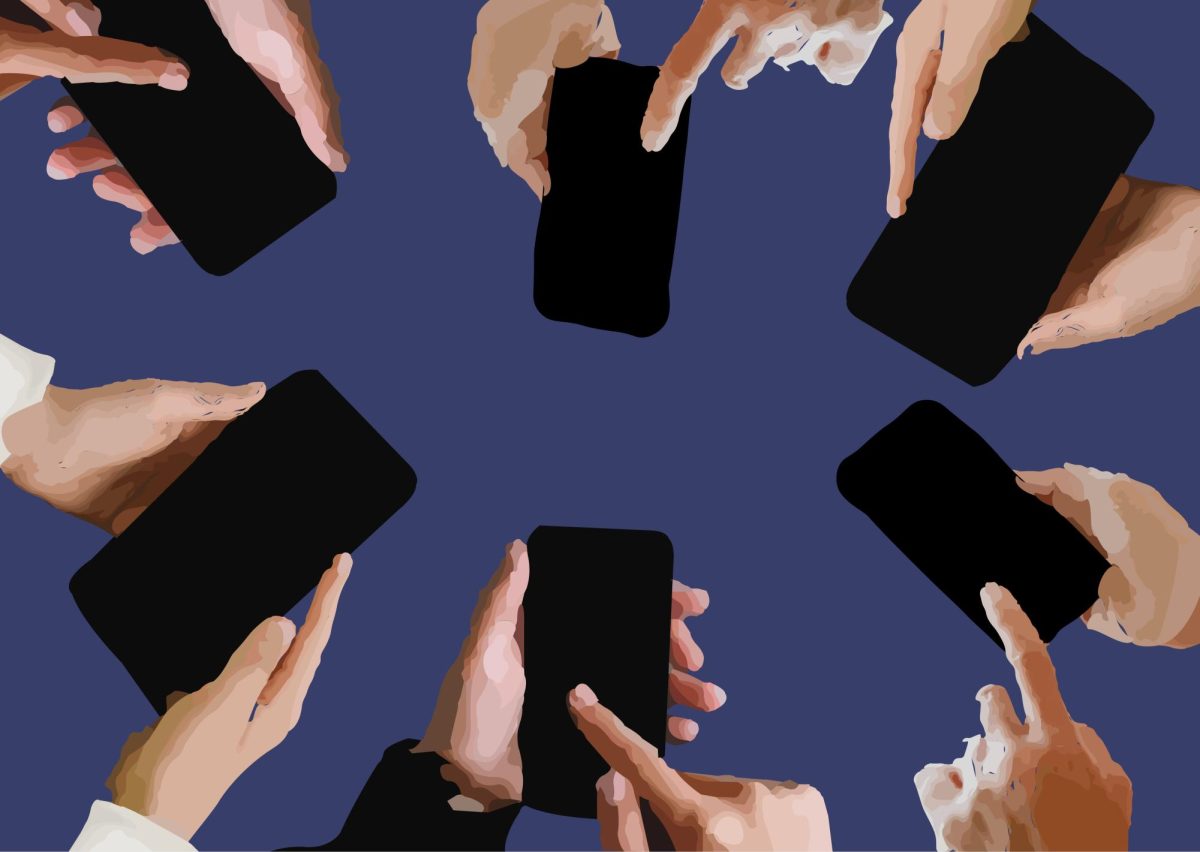





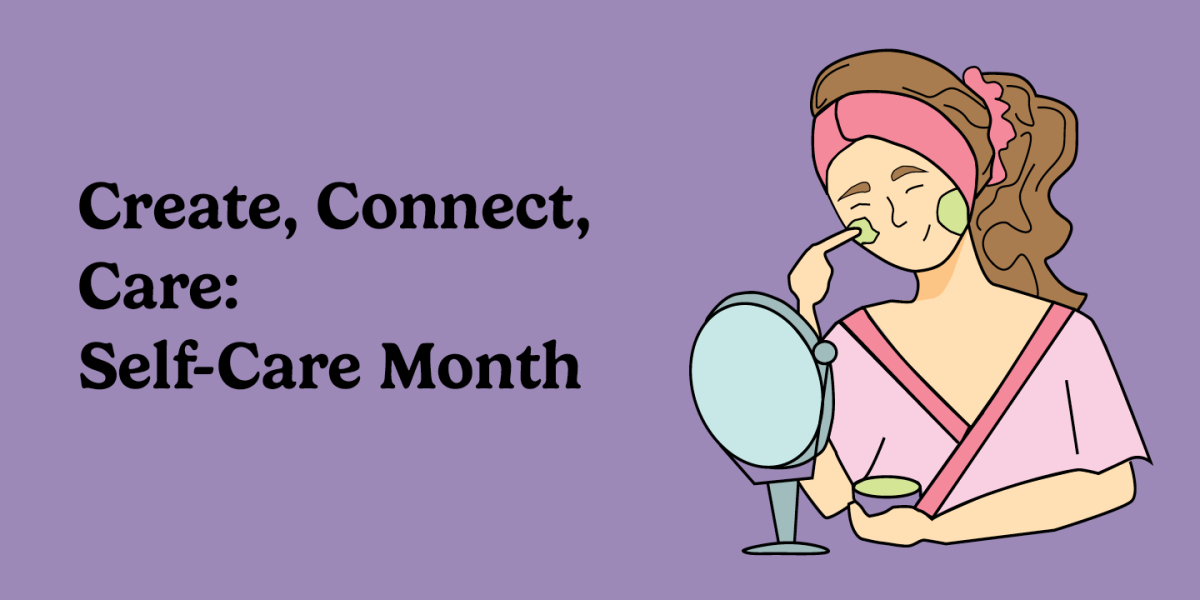
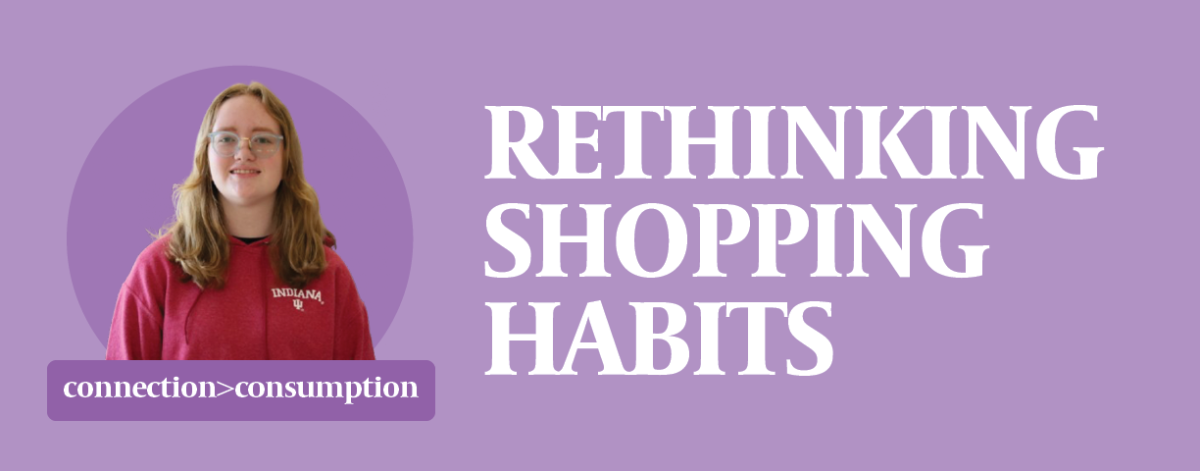



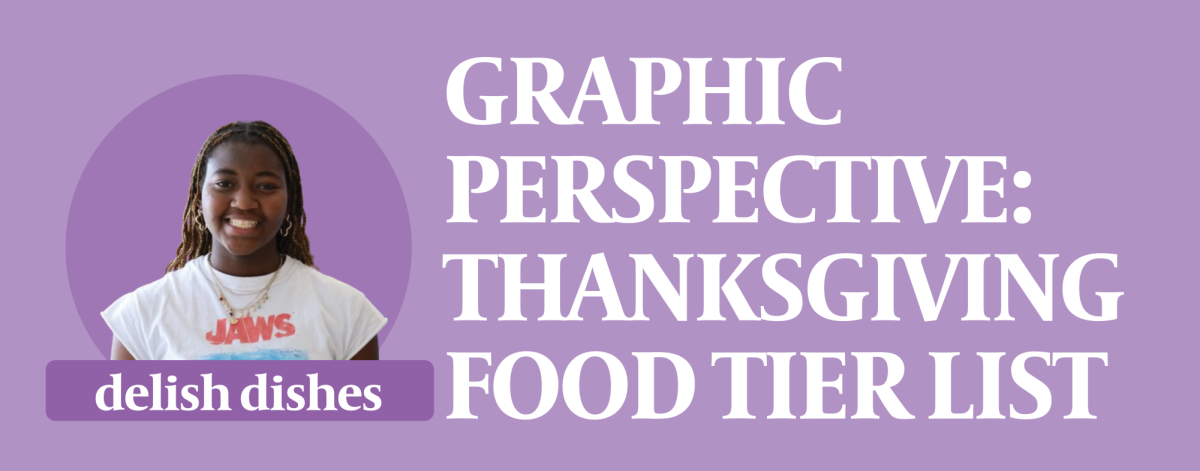


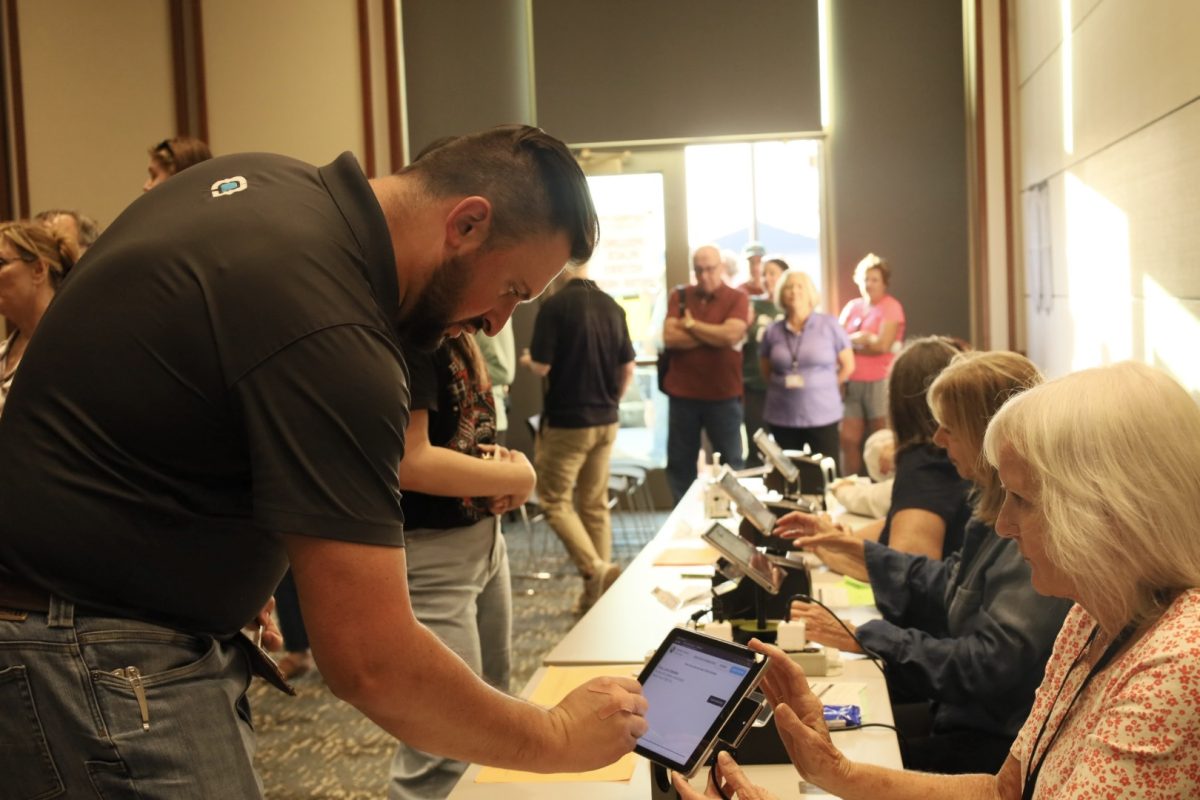
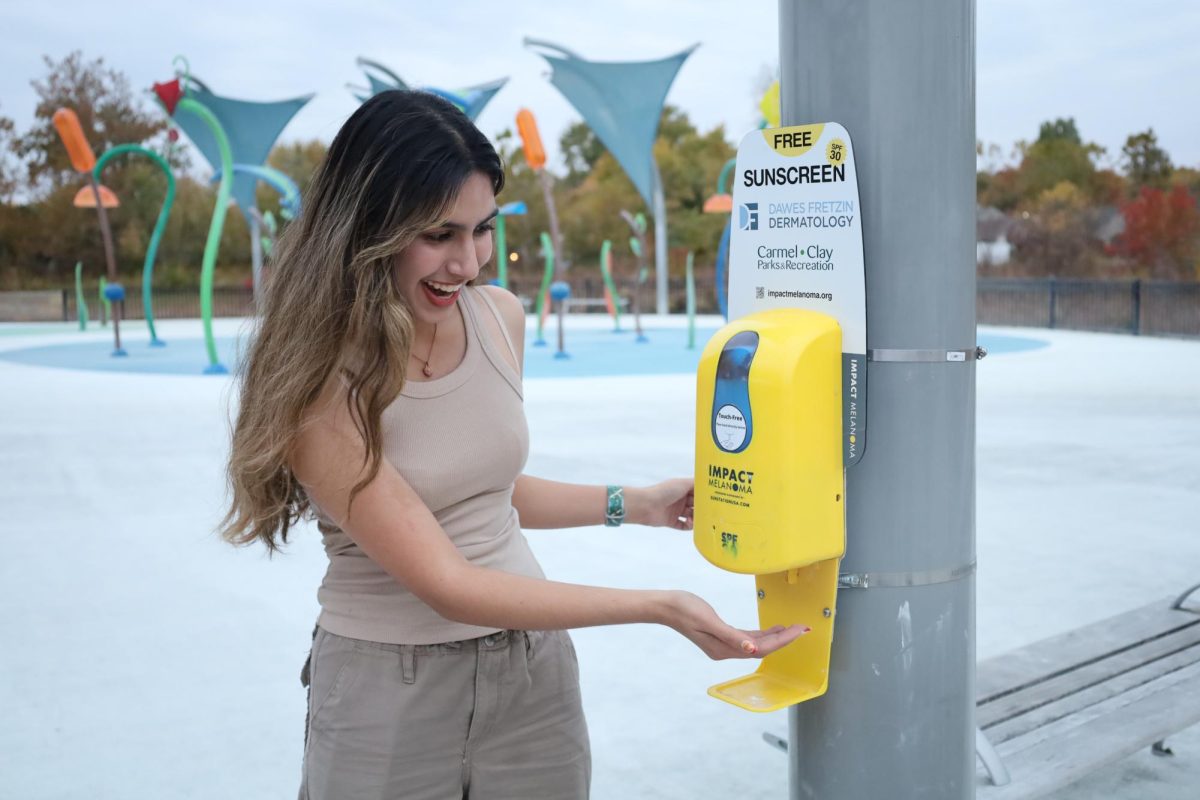

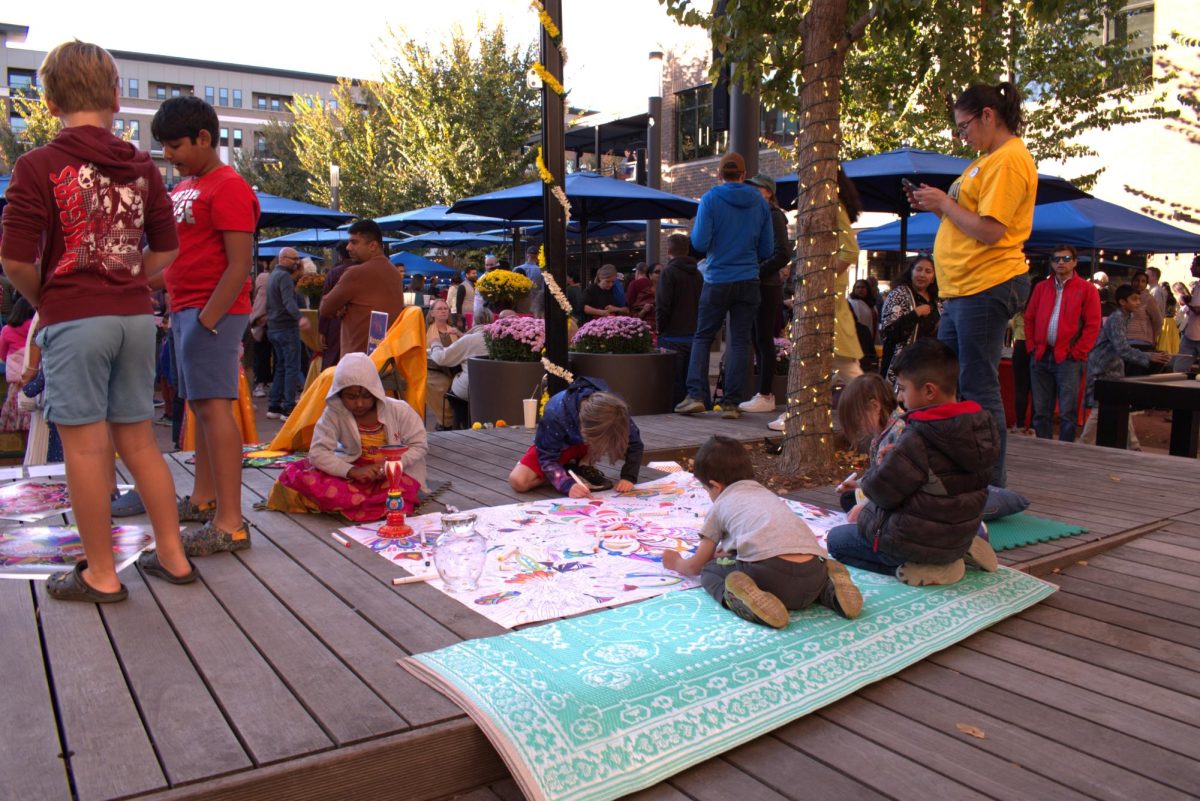
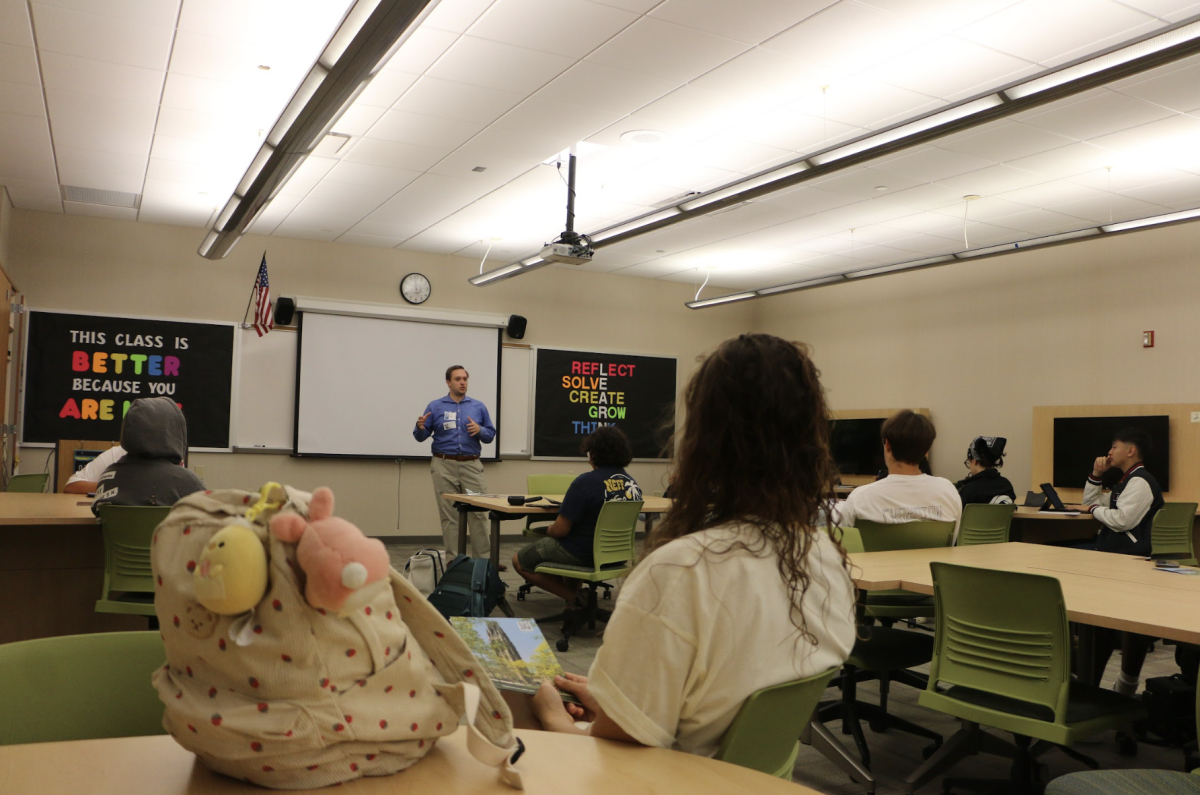


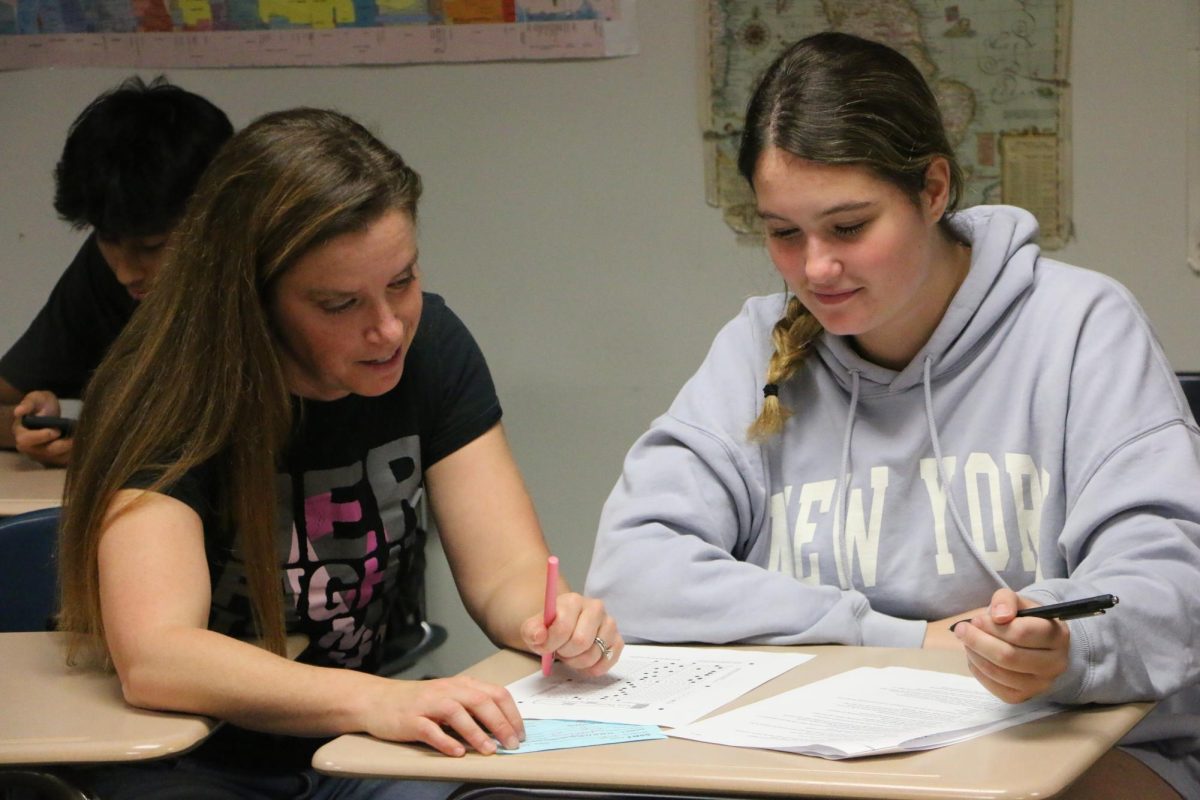

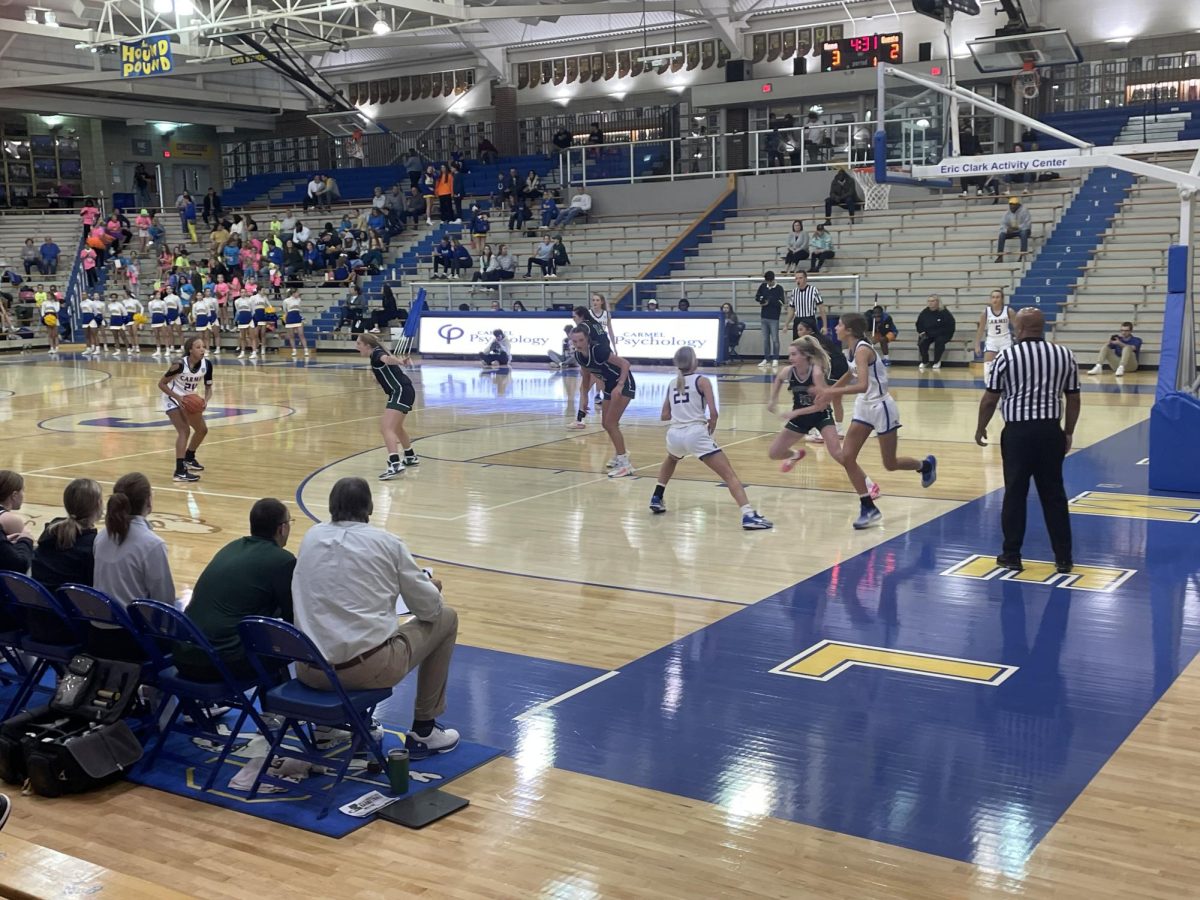


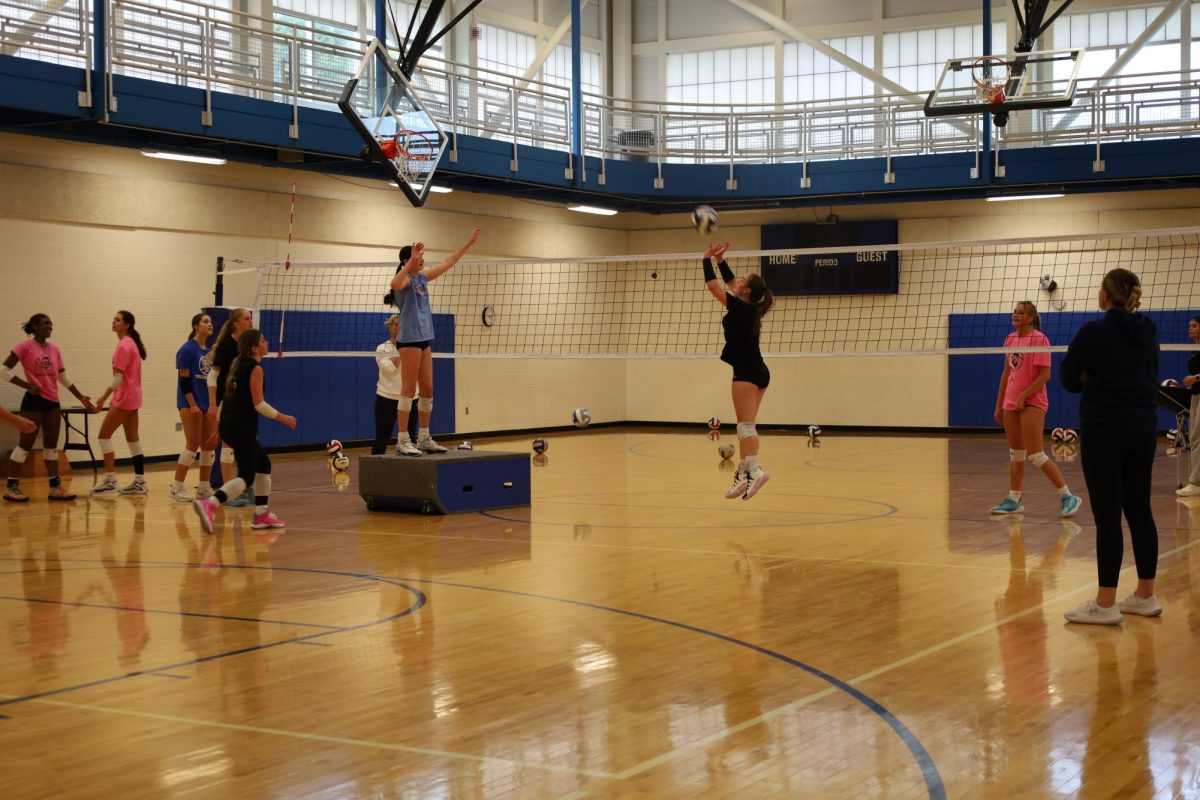
!["Wicked" poster controversy sparks a debate about the importance of accuracy versus artistic freedom [opinion]](https://hilite.org/wp-content/uploads/2024/11/riva-perspective-cover-1200x471.jpg)
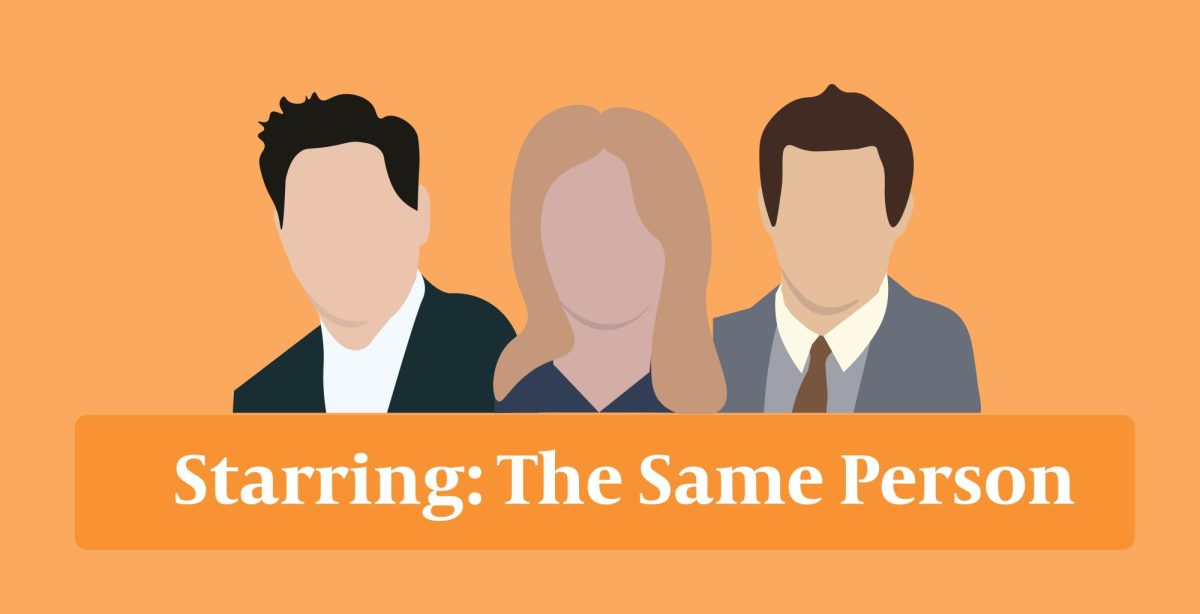
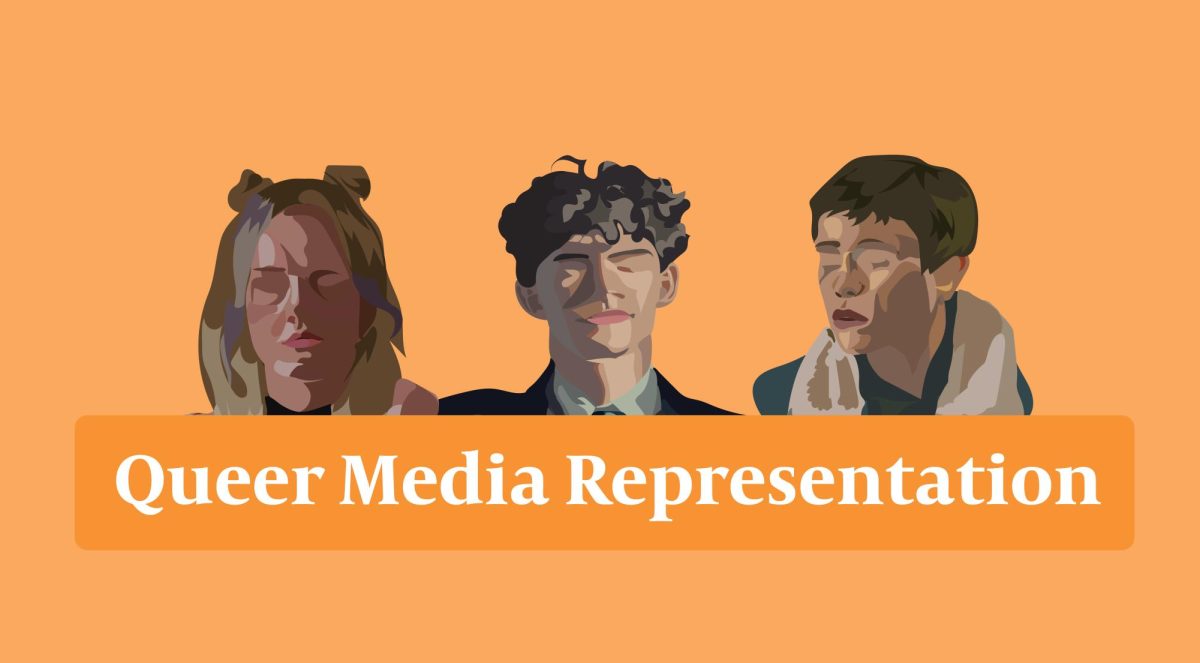
![Chilling or Childish? The downfall of modern horror movies [opinion]](https://hilite.org/wp-content/uploads/2024/10/adjusted-horror-cover-1200x471.jpg)
![“Uglies” is a call for change in the YA dystopian genre [opinion]](https://hilite.org/wp-content/uploads/2024/10/Perspectives-Cover-1200x471.jpg)


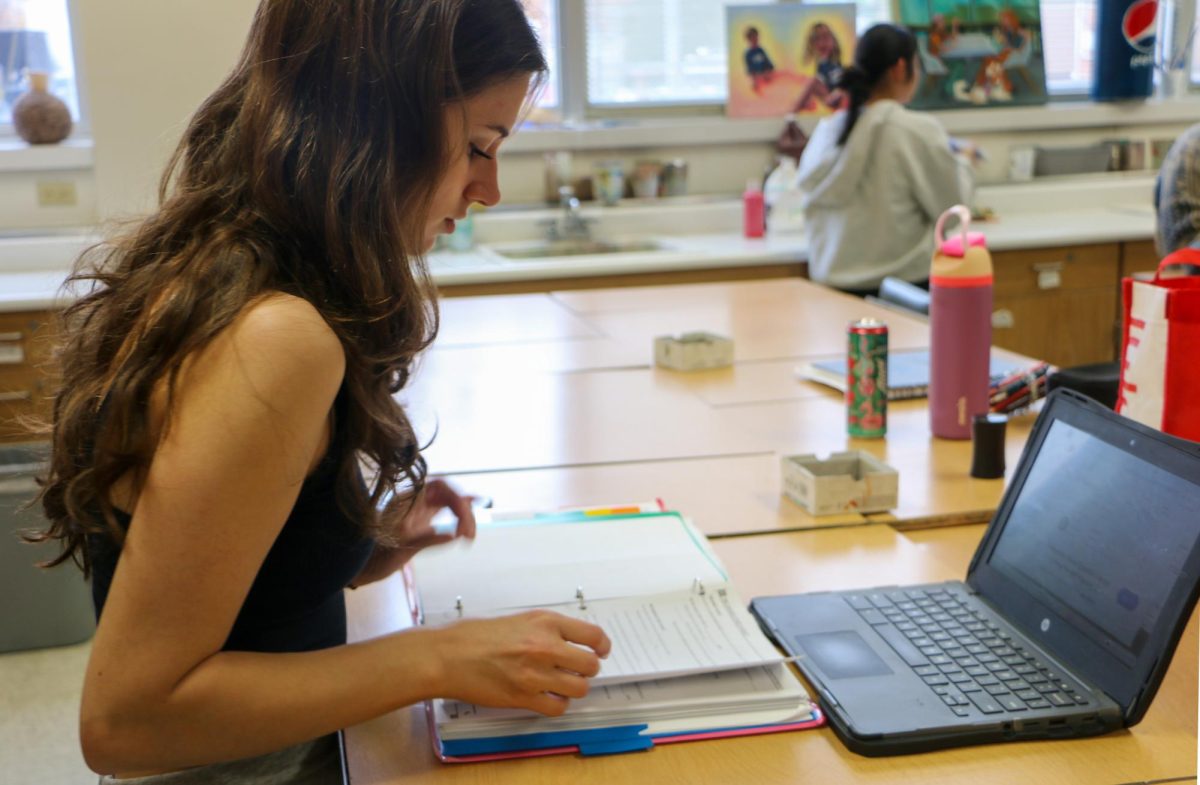
























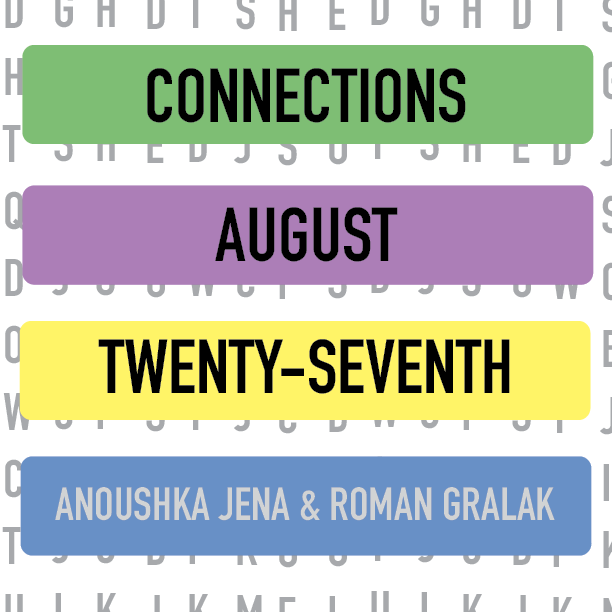







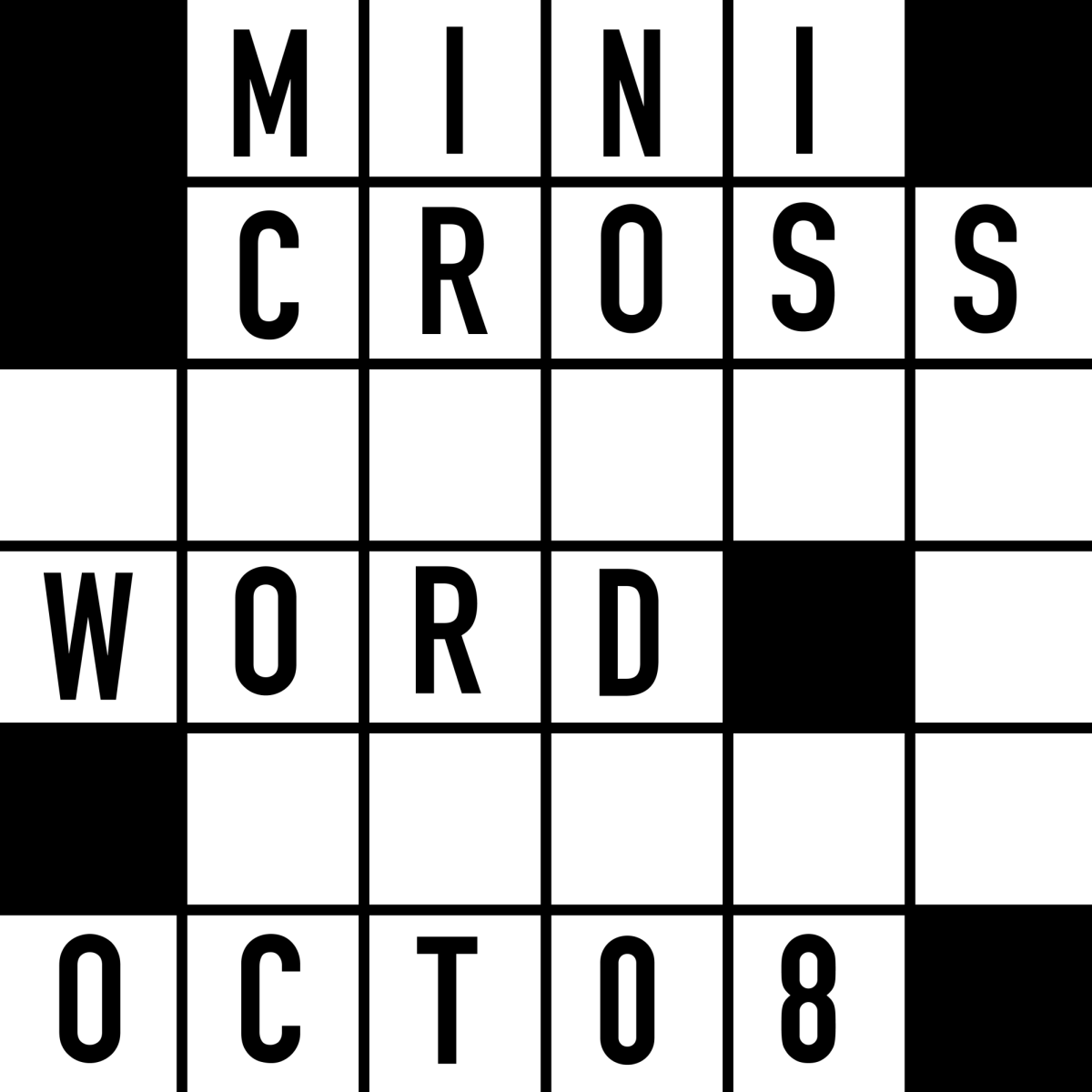


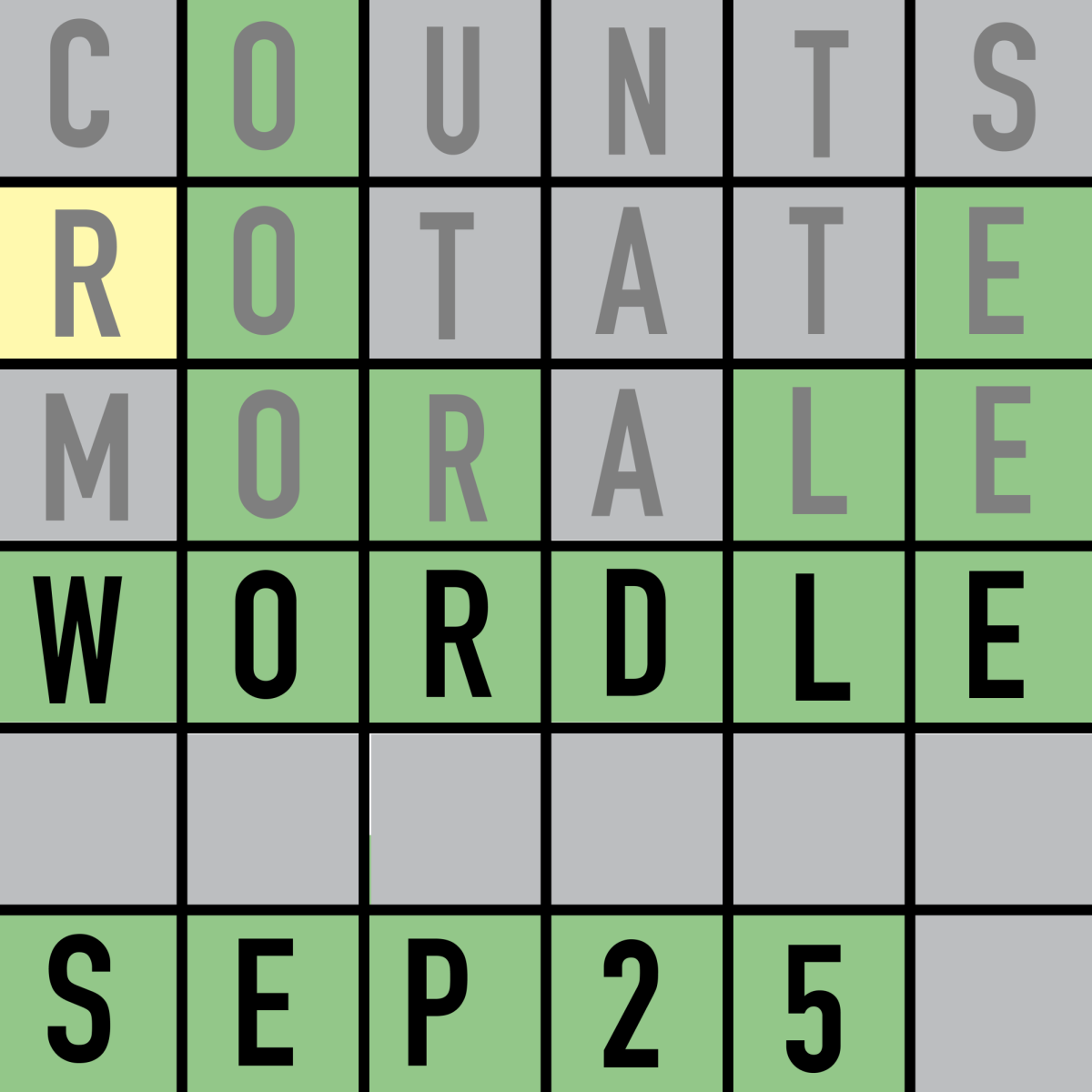
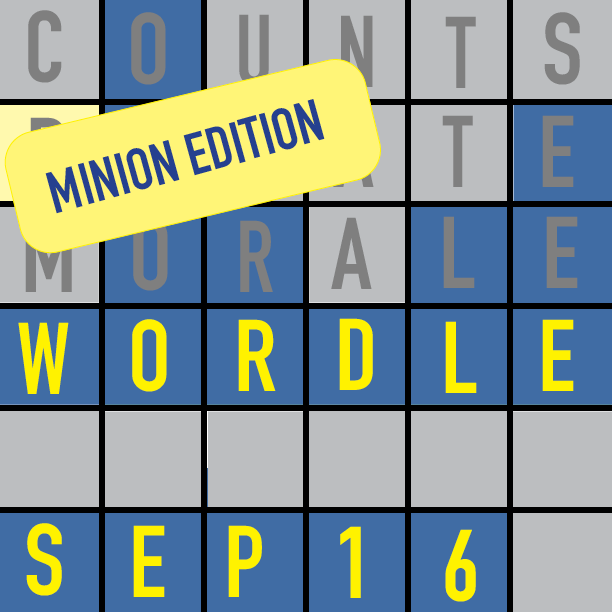




![Review: “Arcane” Season 2 exceeds expectations, but leaves the finale as the make or break of the series [MUSE]](https://hilite.org/wp-content/uploads/2024/11/GUddsa6XIAAuDuB-1-e1723281667555-1200x676.jpg)
![Review: Indy Scream Park is a perfect level of spook to kickstart the Halloween season [MUSE]](https://hilite.org/wp-content/uploads/2024/11/IMG_1383.jpg)
![Review: “Saturday Night” is a chaotic and thrilling look at the origins of “Saturday Night Live” [MUSE]](https://hilite.org/wp-content/uploads/2024/10/snl-1200x800.jpg)
![Review: “Megalopolis” is a bold, bewildering mess [MUSE]](https://hilite.org/wp-content/uploads/2024/10/MV5BYTk3MjUzMGItYmU1NC00M2YyLThmNDMtNDI4NjkxNjgzMjQzXkEyXkFqcGdeQXRyYW5zY29kZS13b3JrZmxvdw@@._V1_-1200x675.jpg)
![Review in Print: Maripaz Villar brings a delightfully unique style to the world of WEBTOON [MUSE]](https://hilite.org/wp-content/uploads/2023/12/maripazcover-1200x960.jpg)
![Review: “The Sword of Kaigen” is a masterpiece [MUSE]](https://hilite.org/wp-content/uploads/2023/11/Screenshot-2023-11-26-201051.png)
![Review: Gateron Oil Kings, great linear switches, okay price [MUSE]](https://hilite.org/wp-content/uploads/2023/11/Screenshot-2023-11-26-200553.png)
![Review: “A Haunting in Venice” is a significant improvement from other Agatha Christie adaptations [MUSE]](https://hilite.org/wp-content/uploads/2023/11/e7ee2938a6d422669771bce6d8088521.jpg)
![Review: A Thanksgiving story from elementary school, still just as interesting [MUSE]](https://hilite.org/wp-content/uploads/2023/11/Screenshot-2023-11-26-195514-987x1200.png)
![Review: "When I Fly Towards You", cute, uplifting youth drama [MUSE]](https://hilite.org/wp-content/uploads/2023/09/When-I-Fly-Towards-You-Chinese-drama.png)
![Postcards from Muse: Hawaii Travel Diary [MUSE]](https://hilite.org/wp-content/uploads/2023/09/My-project-1-1200x1200.jpg)
![Review: "Ladybug & Cat Noir: The Movie," departure from original show [MUSE]](https://hilite.org/wp-content/uploads/2023/09/Ladybug__Cat_Noir_-_The_Movie_poster.jpg)
![Review in Print: "Hidden Love" is the cute, uplifting drama everyone needs [MUSE]](https://hilite.org/wp-content/uploads/2023/09/hiddenlovecover-e1693597208225-1030x1200.png)
![Review in Print: "Heartstopper" is the heartwarming queer romance we all need [MUSE]](https://hilite.org/wp-content/uploads/2023/08/museheartstoppercover-1200x654.png)





